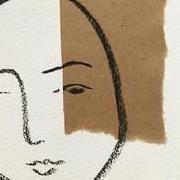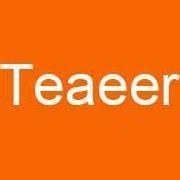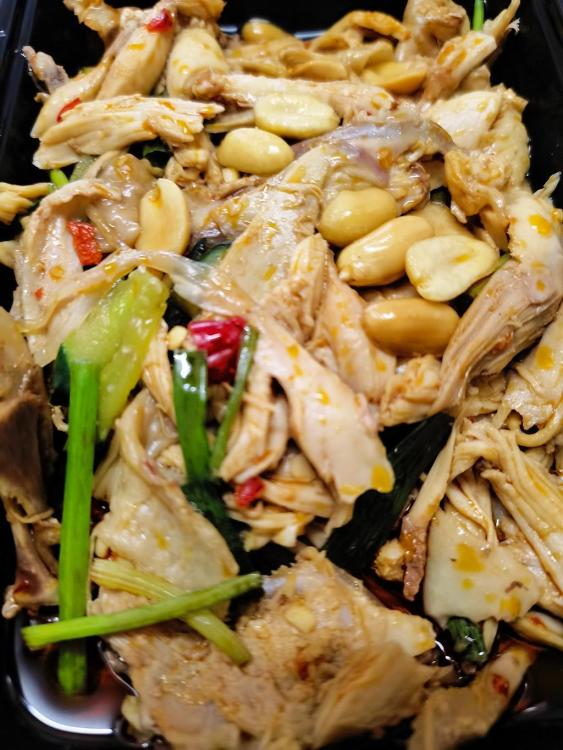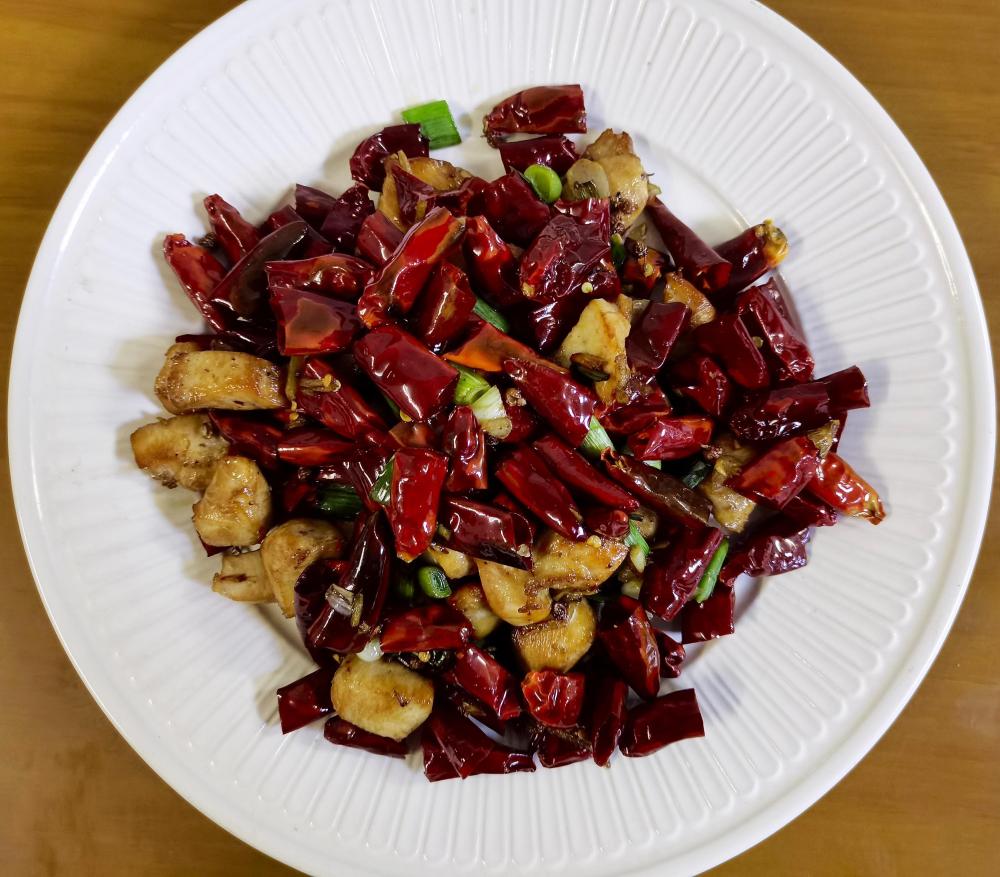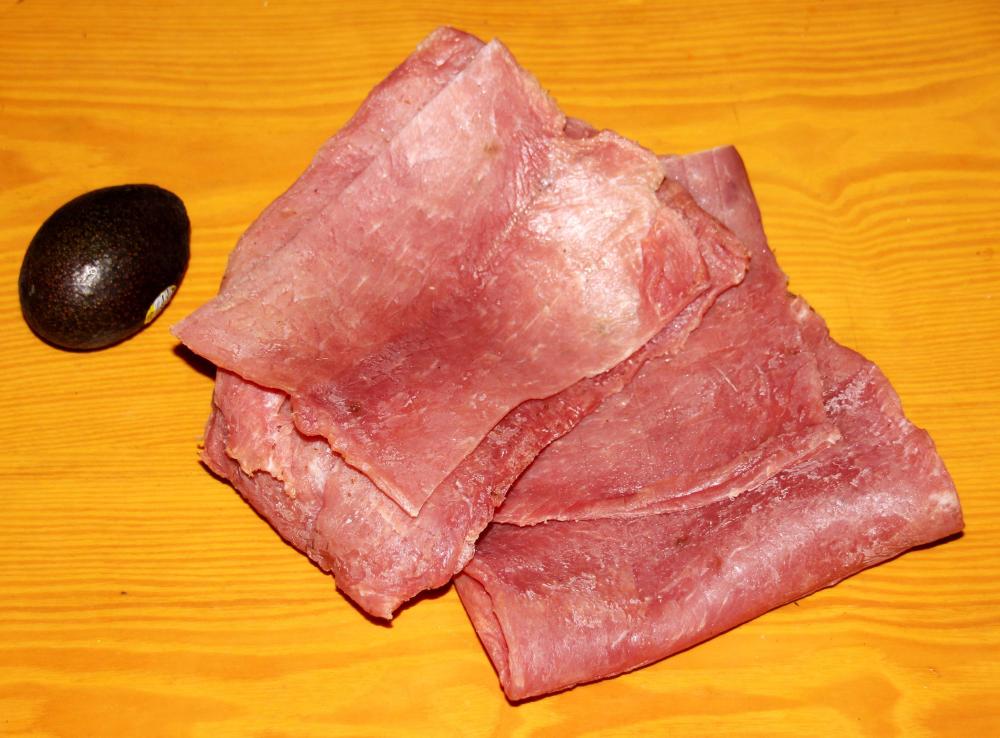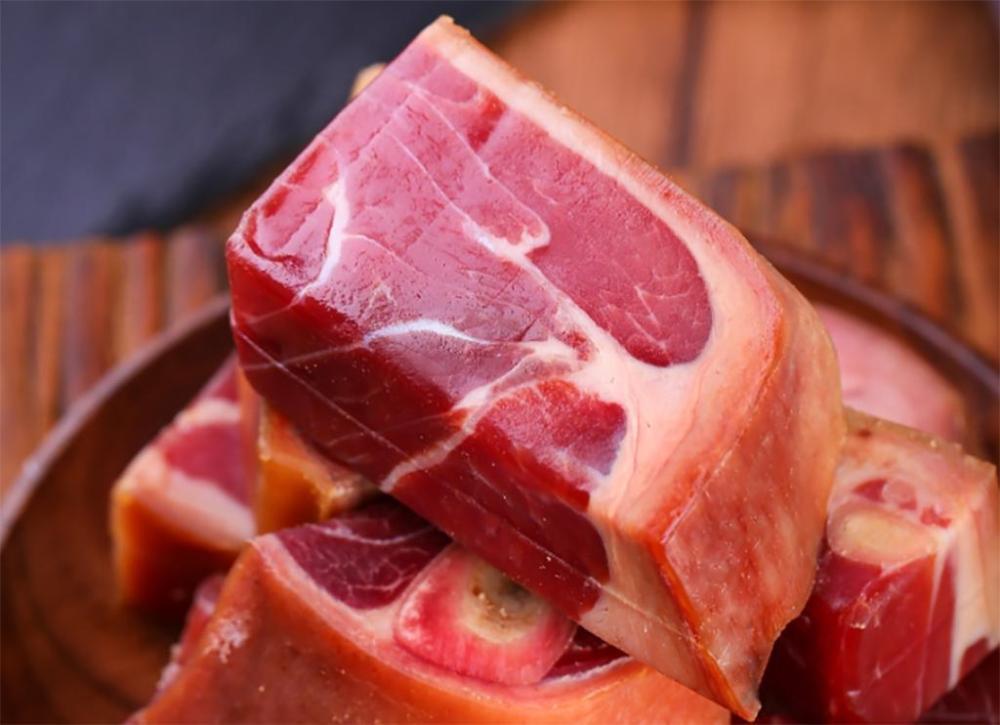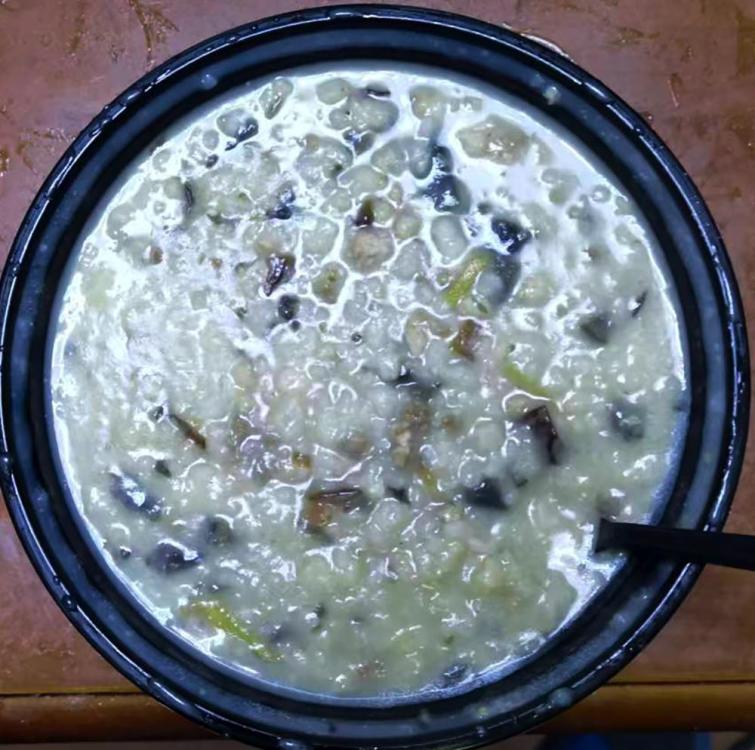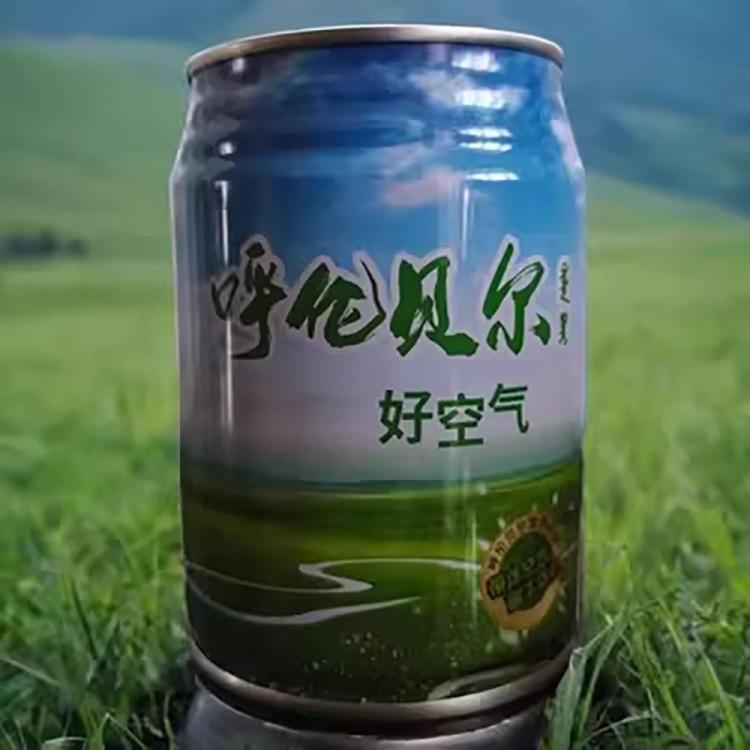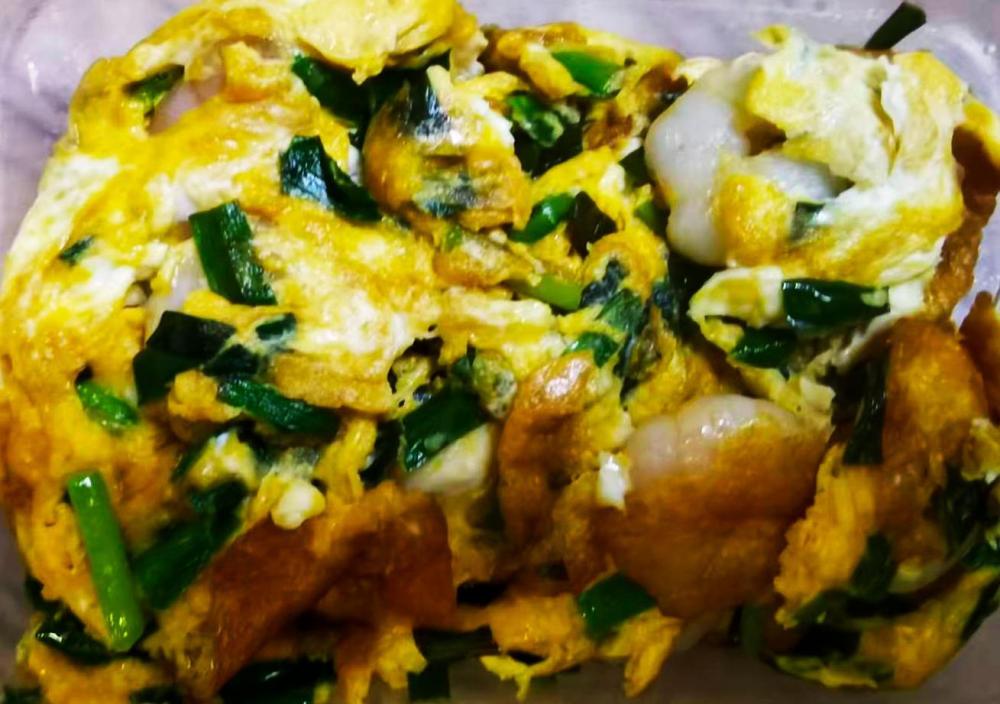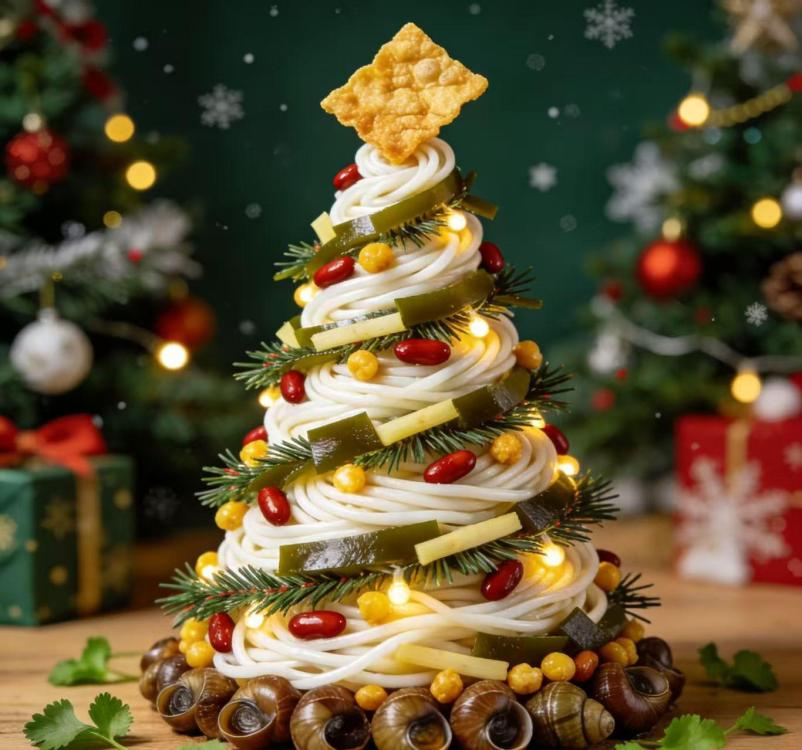-
Posts
16,751 -
Joined
-
Last visited
Profile Information
-
Location
Liuzhou, Guangxi, China
Recent Profile Visitors
87,959 profile views
-
My first lunch of the year and boy, was I ready for it! 手撕鸡 (shǒu sī jī), Hand Torn Chicken in a spicy sauce. With rice. Originally, a Cantonese dish it has been adopted China wide and modified to suit taste buds in other regions. Not many Cantonese people would want my spicy version. Their loss!
-
I've never tested the theory. My friends are generous and send me large bags which I do keep in the freezer. The vendor did advise them at one point not to send it in mid-summer when the temps were around 40C, worried wouldn't make it in good condition. So...
-
And finally, I cooked my dinner which I prepared last night minutes before the year changed. 辣子鸡 (là zi jī), Sichuan Chilli Chicken. With rice and stir fried greenery.
- 27 replies
-
- 15
-

-

-
More importantly, although I've mentioned this rare ham before but never in this context. It is only made in one city in China and seldom leaves there. Fortunately, I lived there for two years back in 1997-1999. I have a few good friends there still who regularly send or bring it to me. 晒兰 (shài lán) is from Huaihua city in western Hunan Avocado for scale.
-
New Year's Dinner in Scotland was always locally produced ham, which reminded me of this topic. I finally got my hands on some Rugao ham, which I mentioned some few posts back. And here she be.
-
I woke up earlier that expected, mainly because I was hungry, I think. Luckily the congee was ready so I chopped some century egg and fried some lean pork mince, added it to the congee and let it warm up. Did the job. Now going back to sleep!
-
liuzhou changed their profile photo
-
No lunch on New Year's Day. I was raised mostly in Scotland where New Year is the most important celebration of the year. We stay up all night, then sleep until afternoon for breakfast. Then a bit later straight to dinner.
-
Ten minutes to midnight in China. In addition to preparing breakfast (Breakfast 2026) I’m preparing New Year Dinner dinner now; it takes time. And I don’t want to be doing this tomorrow. First I have to half 50 grams of dried Sichuan peppers and shake out the seeds. The chillies are very light when dried so 50 g is a lot. Then I will debone some chicken legs and chop the meat into cubes. Then I will celebrate with a comfortable bottle of bubbly! Or two! 新年快乐! Welcome to 2026 and congratulations on making it through!
- 27 replies
-
- 13
-

-
It’s very nearly midnight here in China and so almost 2026! I’m ensconced in the kitchen, preparing breakfast for sometime later. I’m making 皮蛋I瘦肉粥 (pí dàn shòu ròu zhōu), Century Egg and Lean Pork Congee, which I like to cook for around eight hours in my slow cooker, so I have to start now, before the celebrations begin. I'll post the result tomorrow when I wake up, though that will be late. 新年快乐! Welcome to 2026 and congratulations on making it through 2025!
-
This is being advertised as vegan and gluten free. Very healthy. It's Mongolian Canned Air! The equivalent of $6.62 USD per coke sized can. Bargain!
-
Breakfast today was half la Chinese burrito left over from last night. Breakfast Burrito.
-
@Teaeer Rougui tea (Mandarin: 肉桂茶 - ròu guì chá) is indeed a type of Oolong Tea (乌龙茶 -wū lóng chá) grown on the Wuyi Mountains (武夷山 - wǔ yí shān) in China's south-eastern province of Fujian, opposite Taiwan. The name rougui literally means 'cassia bark*', not that the tea contains any cassia, but is so-named because its aroma is perceived by some to be similar.. I'm not sure I agree although it does have a powerful aroma. The tea leaves are roasted up to three times over charcoal. The tea can be briefly be infused seven times to extract the full flavour. Not my favourite - I'm more a green tea type. * Most of the cinnamon sold in the USA is actually cassia.
-
Rejoice! Rejoice. My Chinese burrito place has reappeared!!! The have merely relocated to the next street but forgot to post such information on the old premises door or window. Guess what was for dinner tonight!
-
Not the prettiest dish in the Chinese canon, I agree. However, it does taste good. Scrambled eggs with prawns, chives and kelp. Served with rice.
-







